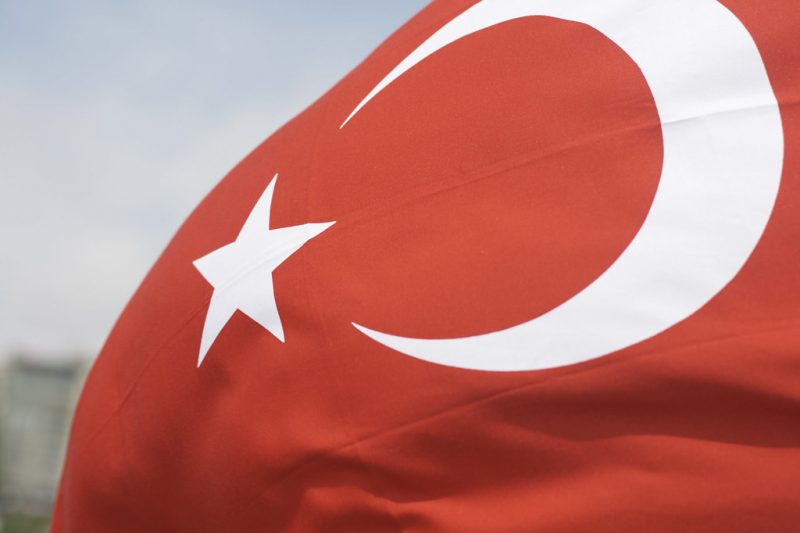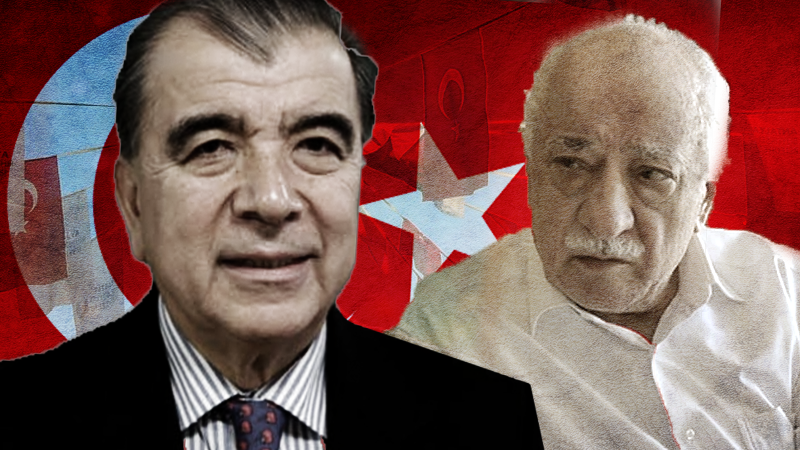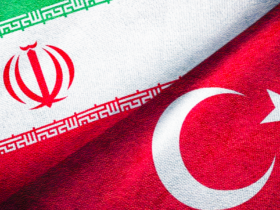Turkey has, once again, had an intense week on the political front. The relationship between Enver Altayli, a former staff member of Turkey’s National Intelligence Organization (MIT), the Gulenist Terror Organization (FETO) and the Central Intelligence Agency (CIA) hit the headlines after new evidence was uncovered.
The case is very important for Turkish domestic politics, not only because of Altayli’s correlation with FETO, but also due to his intimate ties with the Republican People’s Party President Kemal Kilicdaroglu’s former advisor and several other politicians from various political parties in Turkey.
Correspondence between Altayli and the CIA officials was found on Altayli’s computer by the Turkish authorities, assuring that in the coming days we will see a stand-off between Ankara and Washington.

Wikipedia
The implications of the Altayli case on Turkish domestic politics
In order to understand the importance of his case, we need to analyze the Enver Altayli’s role in Turkish politics.
In the early 70’s, Enver Altayli began to work at MIT with the reference from Ruzi Nazar, an Uzbek Nationalist who had spent most of his career working for the CIA against the Soviet Union. In Turkey he is known as the CIA’s Middle East Operative.
During the same years, Altayli infiltrated the Nationalist Movement Party (MHP) and began working as an advisor. He was accused of trying to create an environment for a military coup in Turkey by working with the Turkish left to make political, ethnic and ideological provocations.
After the military coup in Turkey in 1980, which was supported by the US (Paul B. Henze, the CIA Senior Official in Istanbul at that time, literally informed the president about the military coup with the expression: “our boys did it”), Altayli began operating in Central Asian countries while working against the Soviet Union using Gulen’s schools as a political tool.
According to the indictment prepared by the chief prosecutor, in the 2000s, Altayli deepened his cooperation with Gulen and the FETO members who had infiltrated into different political parties in Turkey.
Now, once again, Altayli is accused of attempting to foment a coup, this time working with FETO. The group attempted to seize power in July 2016, but failed.
Altayli’s relations with various political parties have sparked large debates in the Turkish political scene. In the near future, the political wave that began with Altayli’s case could lead to a large-scale judicial operation against the political branch of the FETO which still operates in the country.

Flickr
Evidence of the Altayli – FETO – CIA triangle
To understand the relationship between Altayli and the CIA, the Turkish newspaper Daily Sabah published an article with some of the critical details of the case: “Authorities have found a trove of evidence, including his correspondence with CIA officials, reports on “how to create an environment feasible for a military coup in Turkey’ and ‘strategies’ for FETO members to use in the event of a successful coup attempt, while searching Altayli’s residence and his computers. Altayli’s phone records also show his contacts with the fugitives and jailed FETO members (…) An interesting email draft was also discovered in Altayli’s mobile phone. Dated Oct. 3, 2016, the draft was addressed to an individual named ‘Mr. Gen. Flynn’ – most possibly Michael Flynn, a former national security advisor to the US President Donald Trump.
Altayli says he had faced a ‘dismissal’ in Turkey for opposing the pro-Russian policies, and stated that he would ‘continue his task’ in Belfast.”
Flynn’s name is mentioned in the indictment.
Altayli’s case has shown that Turkish authorities’ readiness to share the evidence they have compiled against Altayli, FETO and the CIA with the rest of the world.
Ankara has tried highlighted connections between the Gulenists and the CIA for some time, stressing Washington’s support for the July 15 coup attempt.
Altayli’s case will likely be the last straw for Turkey when it comes to their already strained relations with the US.

















Leave a Reply